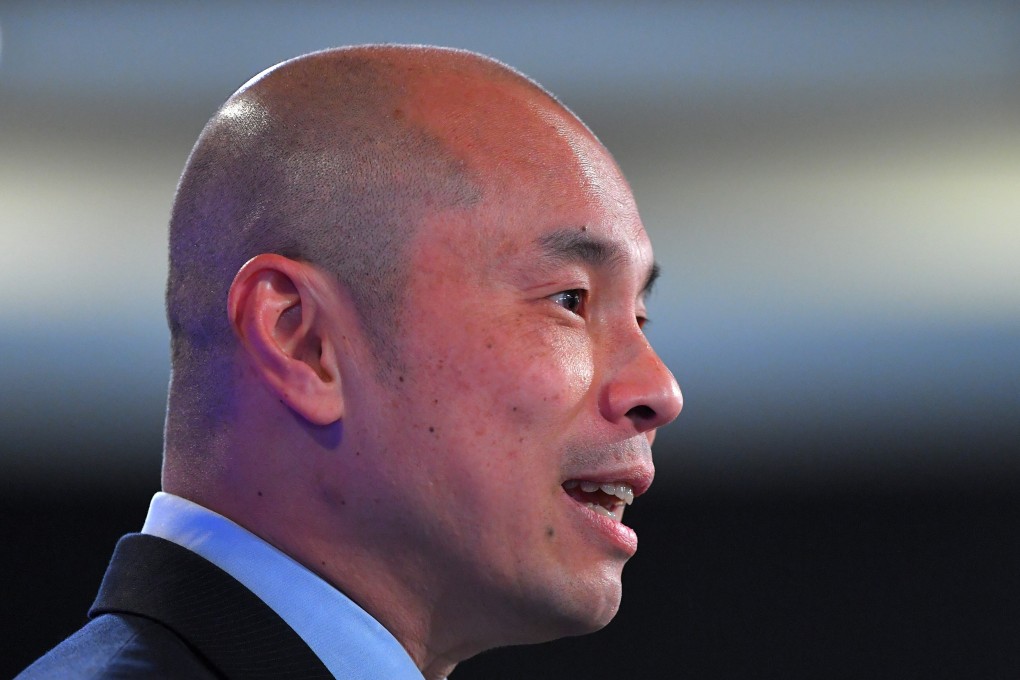‘Australia is Brutus, China is Caesar’: envoy likens coronavirus inquiry call to Shakespearean betrayal
- Wang Xining, China’s No 2 diplomat in Australia, accused Canberra of singling Beijing out in its call for an inquiry into the origins of Covid-19
- He dismissed concerns of Chinese interference, saying ‘I don’t see any reason for whining about your constitutional fragility and intellectual vulnerability’

“We both value life and family, we both cherish peace and stability, we both embrace equality and freedom, we both uphold justice and rule of law,” said Wang, who is deputy head of mission for the Chinese embassy in Canberra.
Speaking at the National Press Club in Canberra, Wang said China and Australia should respect each other’s sovereignty and political system, and “refrain from imposing one’s own idea onto the other”.
“China does not interfere in Australia’s internal affairs, nor do we have any intention to change Australia’s political or social culture,” Wang told an audience restricted to about 24 journalists due to Covid-19. “While a rift between husband and wife hurts one family, a rift between two countries hurts millions.”
He said Beijing’s views were candidly presented and did not affect people’s choice of a political system.“I don’t see any reason for whining about your constitutional fragility and intellectual vulnerability,” he said.
Wang declined to say whether he thought Chinese-Australian relations would improve after the United States’ presidential election, as he said commenting on another country’s election equated to interference in that nation’s internal affairs.